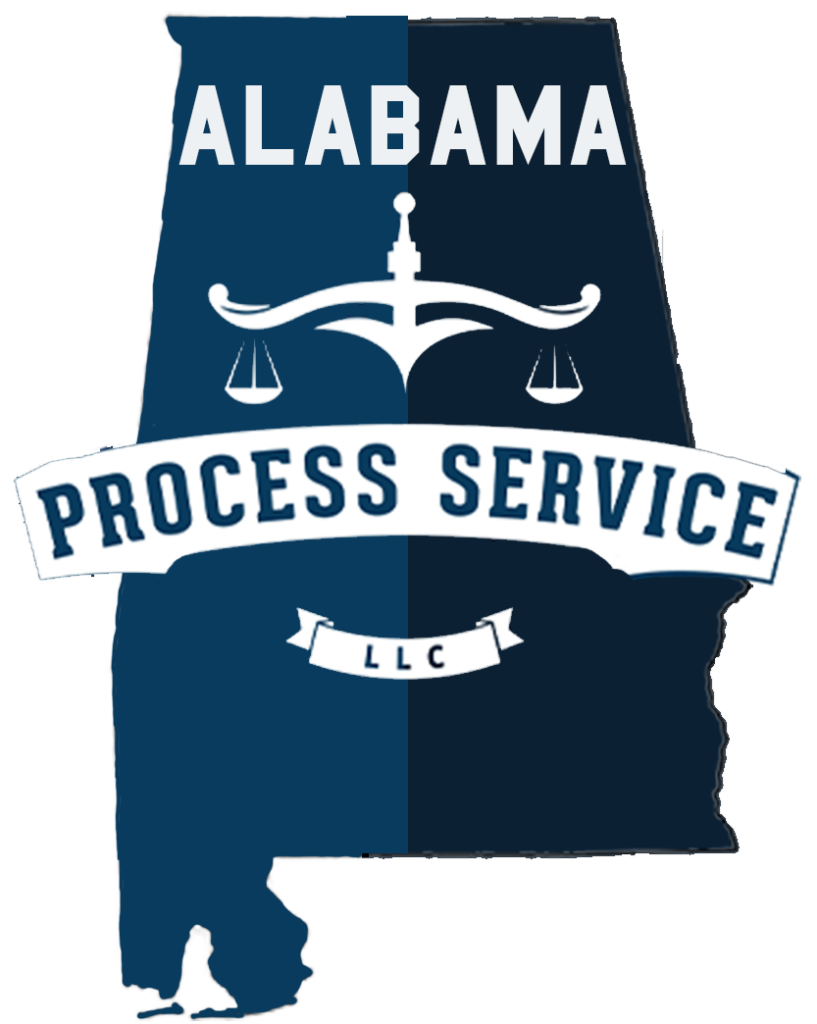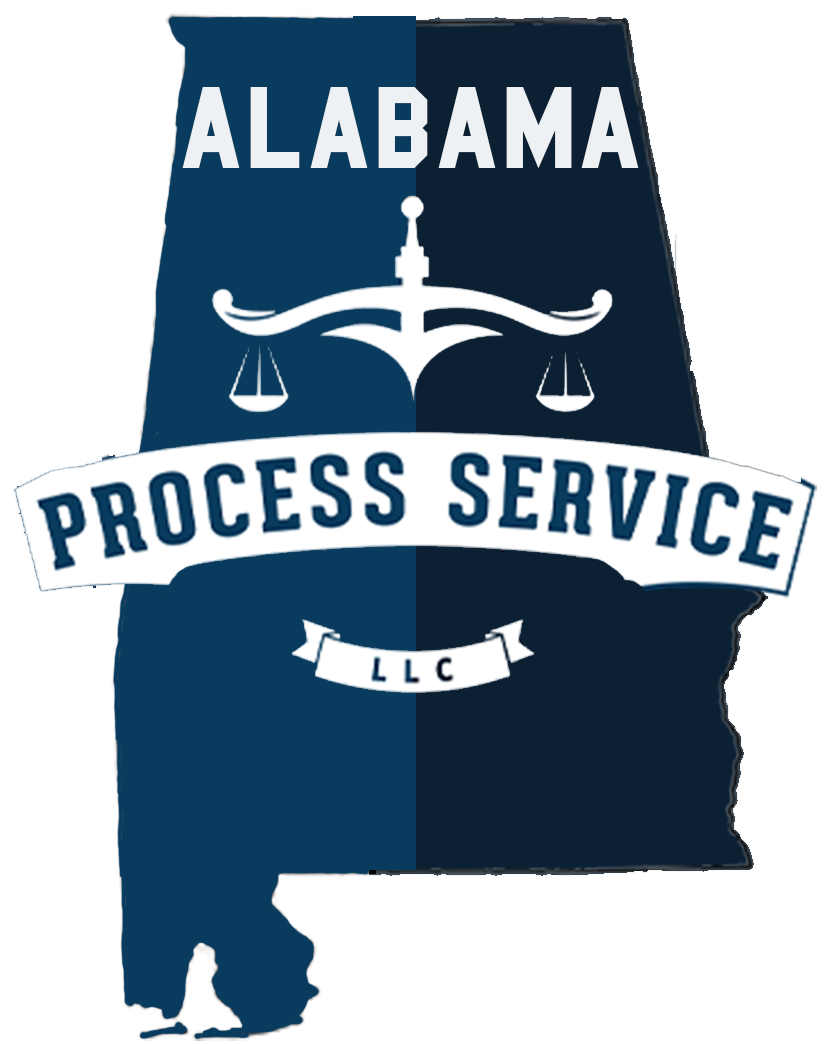Title: The Growth of Process Serving in Oxford: Trends and Predictions
The field of process serving has seen significant growth and evolution in Oxford in recent years, spurred by the increasing demand for legal support services and the need for efficient and reliable delivery of legal documents. As the legal landscape continues to evolve, it is essential to understand the trends and make informed predictions about the future of process serving in Oxford.
Trend 1: Technology Integration
One of the most notable trends in the process serving industry in Oxford is the integration of technology into service delivery. Process servers are increasingly leveraging digital tools and software to streamline their operations, track deliveries in real-time, and provide clients with instant updates on the status of their cases. This technological integration has not only improved efficiency but also enhanced transparency and accountability in the process serving process.
Prediction: The reliance on technology in process serving will continue to grow in Oxford, with more advanced tools and platforms being developed to meet the evolving needs of clients and ensure faster and more secure document deliveries.
Trend 2: Specialization and Niche Services
Another trend that has emerged in Oxford’s process serving industry is the rise of specialized and niche service providers catering to specific legal sectors or types of cases. These specialized process servers offer expertise in areas such as family law, civil litigation, or corporate matters, providing tailored solutions to meet the unique requirements of their clients.
Prediction: The trend towards specialization in process serving will continue to gain momentum in Oxford, with more service providers focusing on niche markets and developing specialized expertise to differentiate themselves in a competitive industry.
Trend 3: Compliance and Regulation
With the increasing emphasis on data protection and privacy regulations, compliance has become a critical factor in the process serving industry in Oxford. Process servers are required to adhere to strict guidelines and regulations to ensure the secure and confidential delivery of legal documents while safeguarding the rights of all parties involved.
Prediction: The regulatory landscape for process serving in Oxford will continue to evolve, with a greater emphasis on compliance and data protection measures to address emerging challenges and ensure the integrity of the legal process.
In conclusion, the growth of process serving in Oxford is driven by technological advancements, specialization, and a focus on compliance and regulation. By staying informed about these trends and making strategic predictions about the future of the industry, process servers can adapt to changing market dynamics and position themselves for continued success in a rapidly evolving legal landscape.

